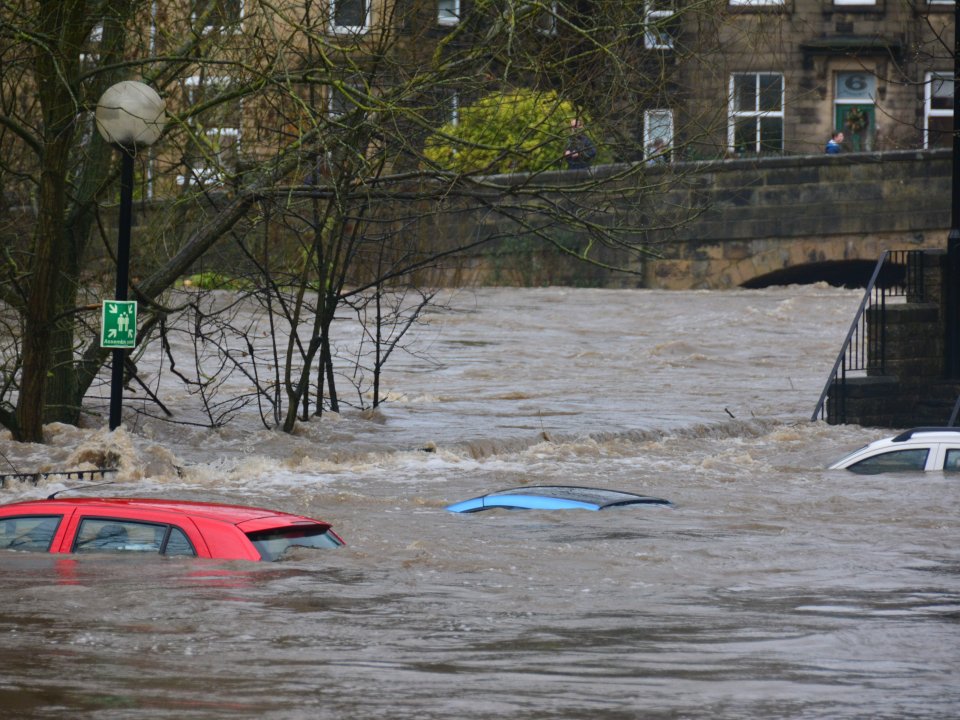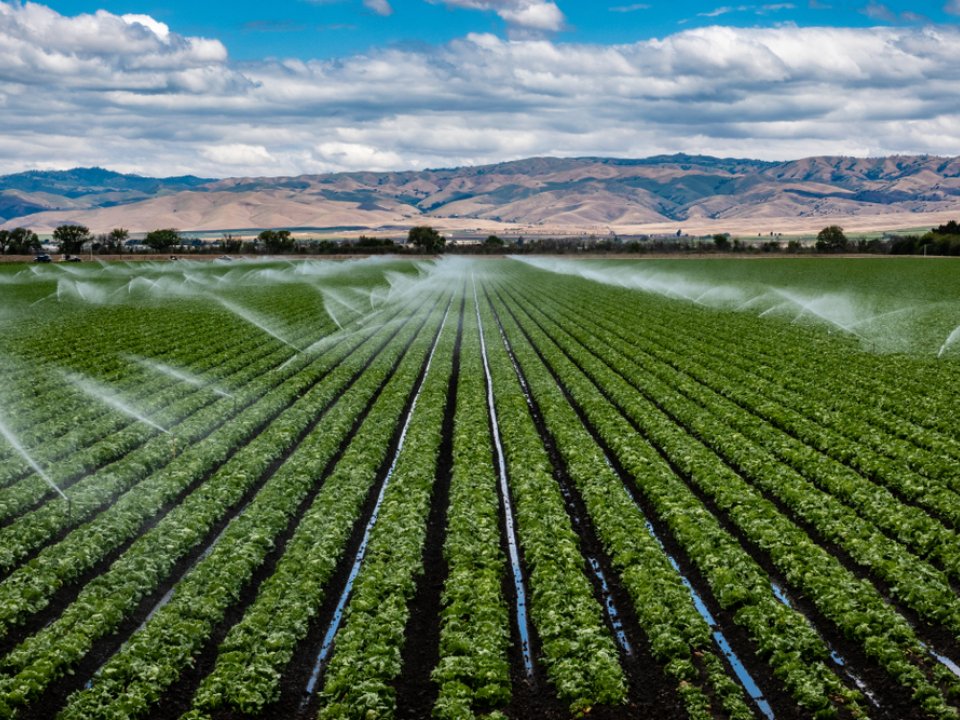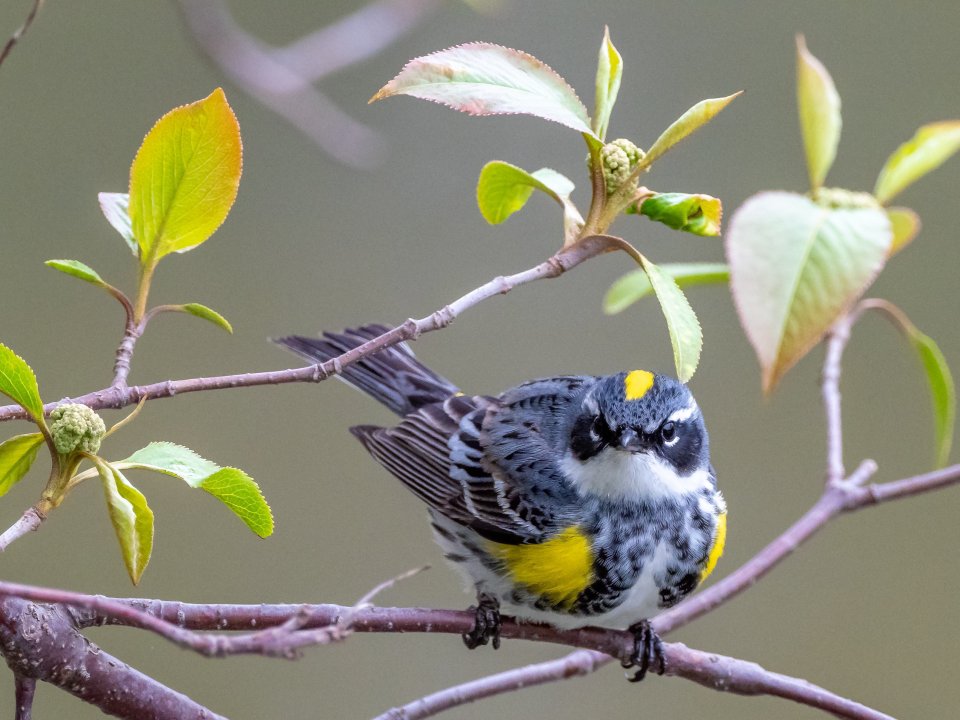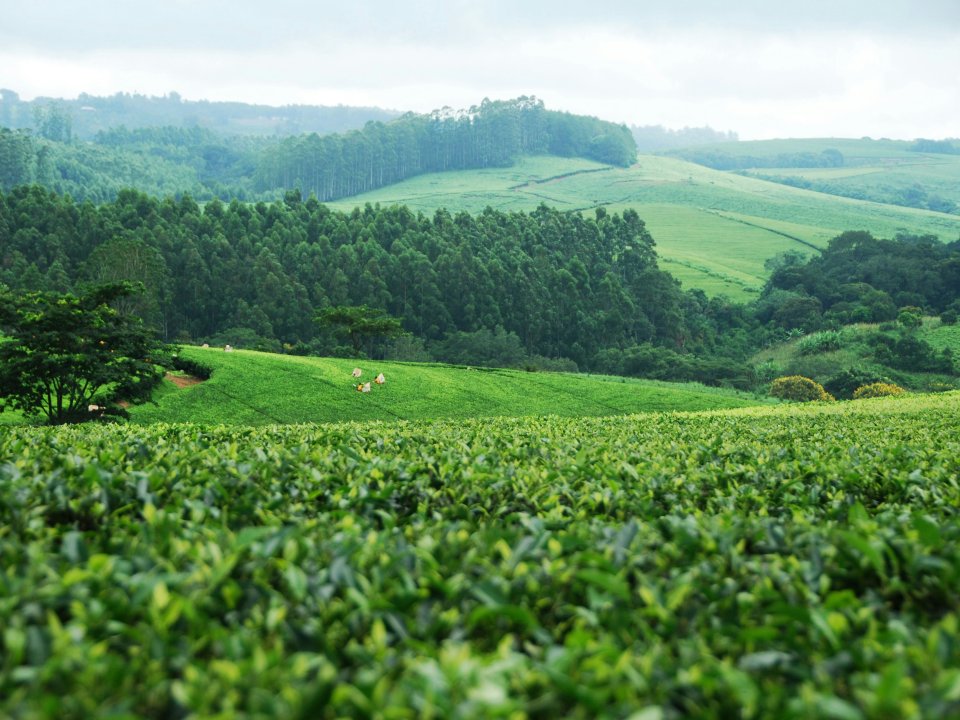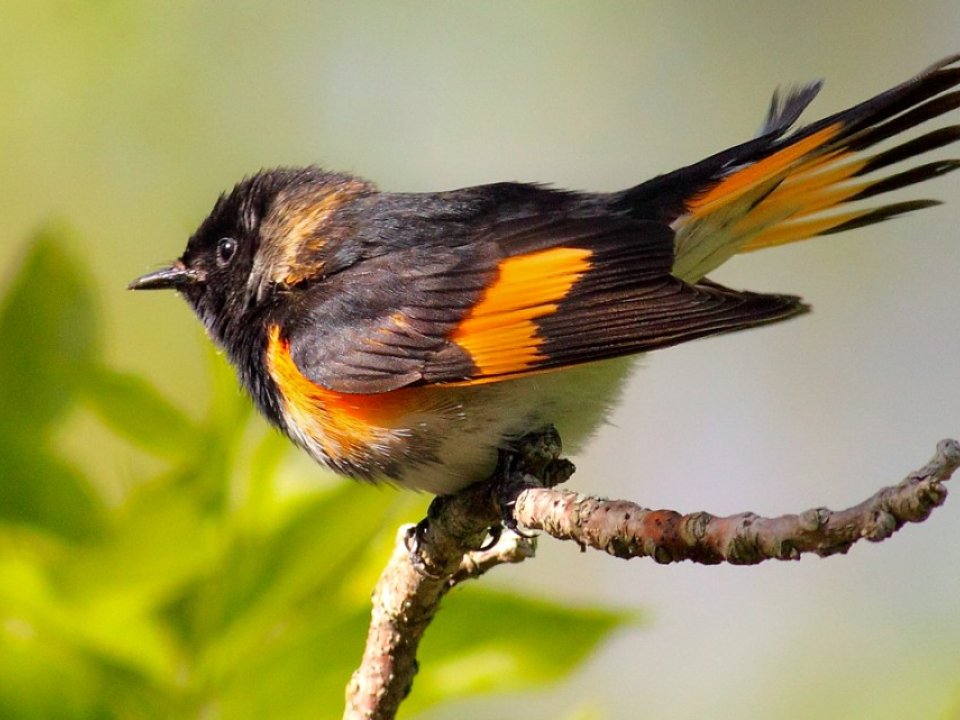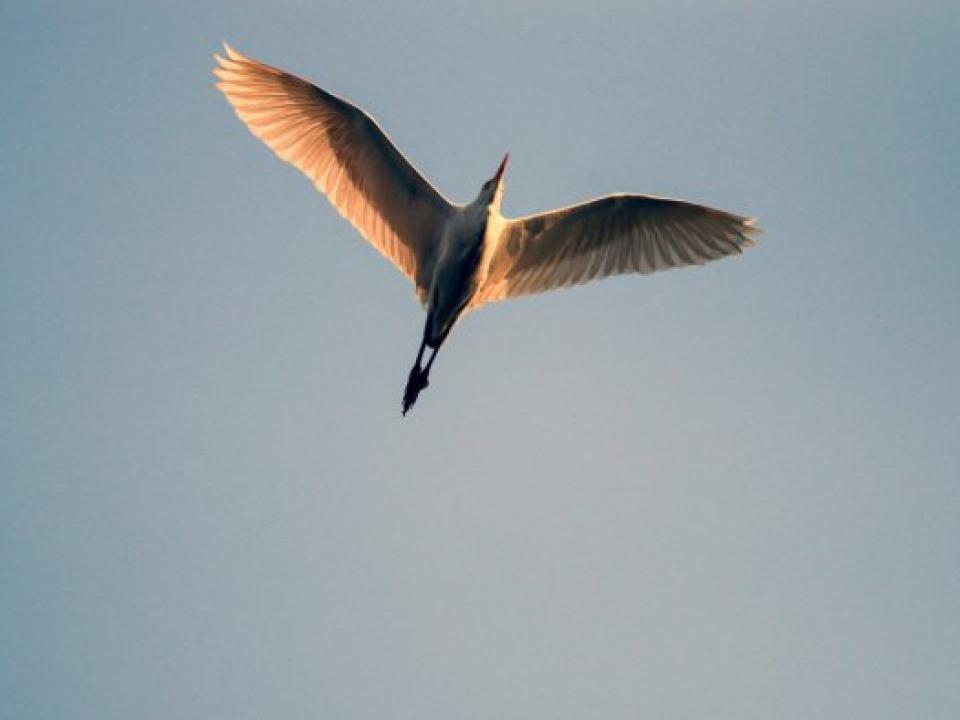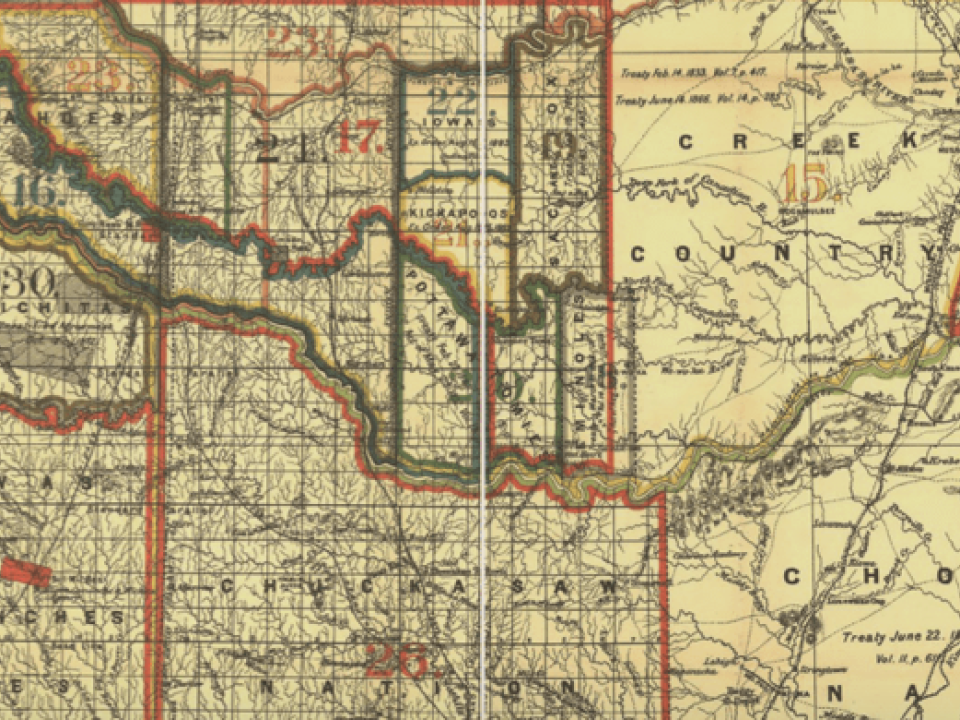News
“Birds are the canary in the coal mine,” says Amanda Rodewald, professor of ornithology. “They’re an early warning of environmental changes that also can affect us.”
Benjamin Van Doren, postdoctoral associate, joins the Science, Quickly podcast to talk about the role artificial intelligence plays in helping us see migrating birds.
Mark Wysocki, senior lecturer of Earth and atmospheric sciences at CALS, joins CBS News to discuss flash floods and severe weather events.
Ariel Ortiz-Bobea, associate professor of applied economics and policy, discusses agricultural productivity.
Andrew Farnsworth, senior research associate in the Lab of Ornithology, says, “The light actually poses a lot of problems for birds migrating at night, so turning them off or eliminating them and reducing intensity, shielding them down is very helpful.”
Rachel Bezner Kerr, professor of global development, says: “In some regions of the world it will become not possible to grow food, or to raise animals. That’s if we continue on our current trajectory.”
Deteriorating habitat conditions caused by climate change are wreaking havoc with the timing of bird migration. A new study demonstrates that birds can partially compensate for these changes by delaying the start of spring migration and completing the journey faster – but the strategy comes with a decline in overall survival.
BirdCast is a collaborative project of Colorado State University, the Cornell Lab of Ornithology and the University of Massachusetts that seeks to leverage that data to quantify bird migration. Machine learning is central to its operations. Researchers have known since the 1940s that birds show up on weather radar, but to make that data useful, we need to remove nonavian clutter and identify which scans contain bird movement.
In three-minute, lightning round presentations, migrations researchers and practitioners shared the progress of their interdisciplinary projects—funded by Migrations.
"The World We Became" is a speculative atlas and project on racial justice and climate crisis. Cowritten by 30 participants and the coleads of our 2021 Migrations Summer Institute, this project maps shared Black, Asian, Pacific, Palestinian, Latin American, Caribbean, and Indigenous futures.

